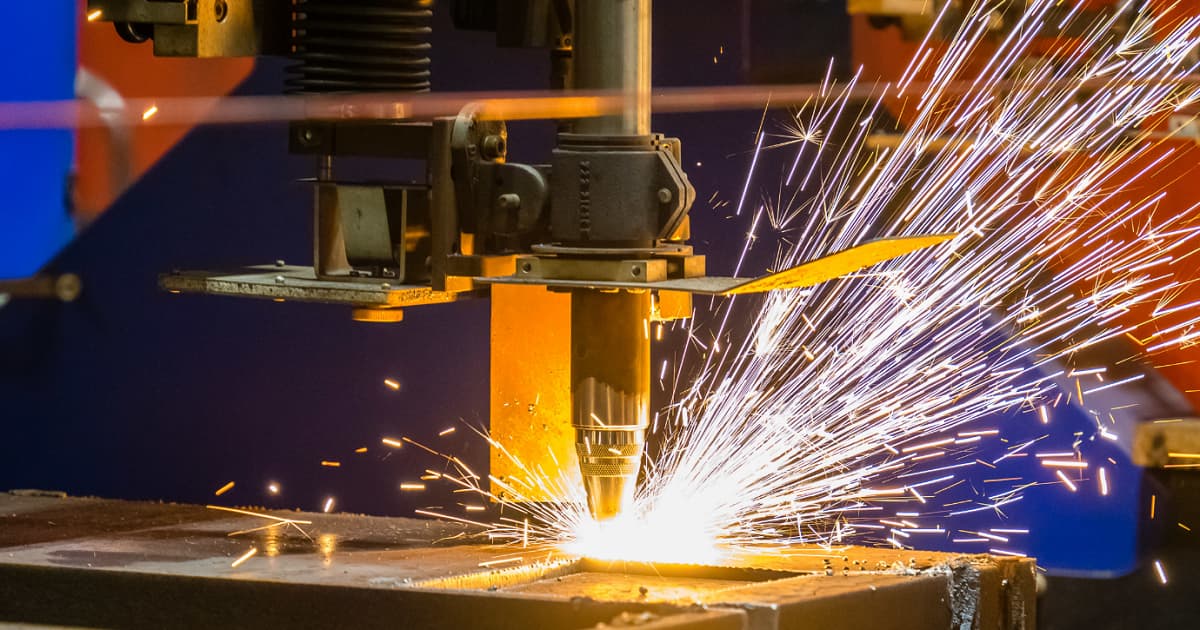Advanced Materials Machining—Recent Advances, Applications and Challenges
A special issue of Applied Sciences (ISSN 2076-3417). This special issue belongs to the section "Materials Science and Engineering".
Deadline for manuscript submissions: 20 June 2026 | Viewed by 6010

Special Issue Editors
Interests: electrical discharge machining; electrochemical machining; laser processing
Interests: industrial engineering; civil engineering; aerospace engineering; materials science; structural mechanics; fracture mechanics; applied computational mathematics; composite materials and structures; structural junctions; retrofitting of existing structures; thin-walled beams; rheology of materials
Special Issues, Collections and Topics in MDPI journals
Interests: materials science and engineering; mechanical and manufacturing engineering; interface of biology and engineering
Special Issues, Collections and Topics in MDPI journals
Special Issue Information
Dear Colleagues,
With the continuous improvement in technological level, advanced material processing technology has become one of the key factors in promoting social and economic development. Advanced material processing technology involves traditional processing methods such as grinding, casting, forging, welding, and surface treatment, as well as non-traditional processing methods such as laser processing, electrical discharge machining, electron beam processing, and ion beam processing for metals, non-metals, and composite materials. This journal will be dedicated to exploring efficient, precise, intelligent, and green processing technologies for advanced materials, promoting the development of advanced material processing technology and industrial progress.
Dr. Jin Wang
Dr. Valentino Paolo Berardi
Prof. Dr. Paulo Jorge Da Silva Bartolo
Guest Editors
Manuscript Submission Information
Manuscripts should be submitted online at www.mdpi.com by registering and logging in to this website. Once you are registered, click here to go to the submission form. Manuscripts can be submitted until the deadline. All submissions that pass pre-check are peer-reviewed. Accepted papers will be published continuously in the journal (as soon as accepted) and will be listed together on the special issue website. Research articles, review articles as well as short communications are invited. For planned papers, a title and short abstract (about 250 words) can be sent to the Editorial Office for assessment.
Submitted manuscripts should not have been published previously, nor be under consideration for publication elsewhere (except conference proceedings papers). All manuscripts are thoroughly refereed through a single-blind peer-review process. A guide for authors and other relevant information for submission of manuscripts is available on the Instructions for Authors page. Applied Sciences is an international peer-reviewed open access semimonthly journal published by MDPI.
Please visit the Instructions for Authors page before submitting a manuscript. The Article Processing Charge (APC) for publication in this open access journal is 2400 CHF (Swiss Francs). Submitted papers should be well formatted and use good English. Authors may use MDPI's English editing service prior to publication or during author revisions.
Keywords
- grinding
- forging
- welding
- surface treatment
- laser processing
- electrical discharge machining
- electron beam processing
- metal
- non-metal
- composite material
Benefits of Publishing in a Special Issue
- Ease of navigation: Grouping papers by topic helps scholars navigate broad scope journals more efficiently.
- Greater discoverability: Special Issues support the reach and impact of scientific research. Articles in Special Issues are more discoverable and cited more frequently.
- Expansion of research network: Special Issues facilitate connections among authors, fostering scientific collaborations.
- External promotion: Articles in Special Issues are often promoted through the journal's social media, increasing their visibility.
- Reprint: MDPI Books provides the opportunity to republish successful Special Issues in book format, both online and in print.
Further information on MDPI's Special Issue policies can be found here.







